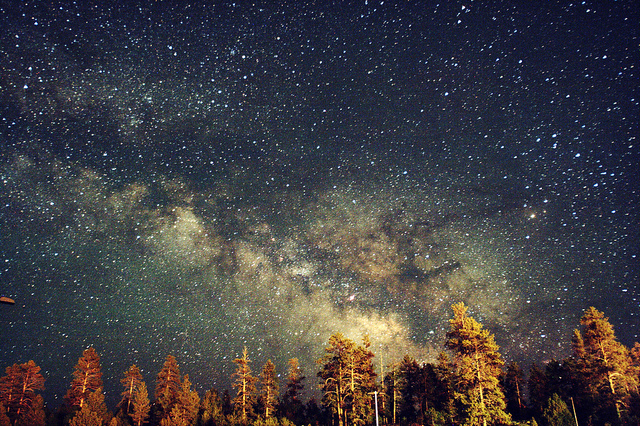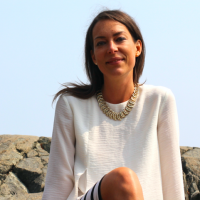It’s so tempting to believe that we can do this life thing all on our own.
The desire to pull away from the world and each other—and to protect ourselves from what we see as a risk—can sometimes be so visceral, there seems to be no solution but to head out and tackle life solo.
We are taught this by society. From the time we enter this culture, we are trained that it is most important to be self-sufficient and autonomous. We are shown that the individualist way of being is what will get us ahead. It is extremely intoxicating to agree with this belief—especially if we have been hurt or betrayed, or we are feeling disillusioned.
It seems like the ultimate safe bet to wager on—the one in which we are singularly accountable for our own success and existence. However, it is not.
That is what capitalism and consumerism are counting on. They want us to believe that we have to go out on our own and build an empire of protection around us—usually with things instead of people.
However, there is something dire lacking in this approach. The missing thing that is making us sick, depressed, and downtrodden is our absence of the feeling of connection.
We need connection to survive. Connection is the only way for us to truly thrive.
This connection is not just a bond we form with other humans; it is a partnering with everything that is in our experience right now. Buddhism teaches this. It tells us that a fundamental truth is the interdependence of all things, and our need for this is quite real.
Interdependence is the Buddha’s version of cause and effect, so in this way, it becomes a principle that we can all philosophically understand. Everything can be broken down to a primal energy of elements, atoms, neutron, and particles. It is the way that these elements connect, vibrate, and support each other that creates form. Without the existence of the particle next to it, this particle right here would not be able to hold the shape it currently does.
It’s like giant trees in a forest, standing through years of storms. If they did not have the other trees surrounding them to protect them from the wind and aid in keeping their roots solidly planted, they would topple over.
The Dalai Lama tells us, “The theory of interdependence allows us to develop a wider perspective…you need your neighbour. More prosperity in your neighbour, you’ll get benefit.”
He goes on to say, “We understand our future depends on global well-being…I think this is the best thing about the theory of interdependence—it is an explanation of the law of nature.”
When we look at it in this way, interdependence is not just a Buddhist or philosophical theory—it’s one of ecology.
If we are afraid to be vulnerable and reach out for connection with other humans, we can start reconnecting by seeing and acknowledging interdependence in the natural world. Buddhists understand that there is no separation between us and that, between earth and sky, between our life and that of a tree.
What if each time we saw the earth touch the sky, we imagined she was saying thank you?
What if when we noticed the clouds caressing the ocean, we heard them whisper to each other sweet nothings of praise?
Perhaps when we feel the wind tease a fire, we can understand that she did so, because she loves him?
Maybe when the sun kisses a mountain, he is showing her his gratitude and care?
What if we thought of the whole world that surrounds us as a lover? That in each moment, it is bowing to the beauty it sees in the other…
Like us, the greater world has a consciousness that is wired to connect. The natural world can’t help it—inlaid in its DNA, (like our own) is the blueprint for mutual dependency.
Through the teaching of interdependence, Buddhism reaffirms that we are innately enmeshed together. When we embrace this fact, we can begin to work with it, rather than run from the reality of what is.
Together, we are stronger. This is the inherent order of the universe.
Nichiren—a famous Japanese Buddhist, born in 1222—believed strongly in the teaching of causality (interdependence). He dedicated his life to this path, and schools of Buddhism have since formed, holding his name.
He told his students, “If you light a lamp for another, your own way will be lit.”
It is normal to want to protect ourselves. This is part of our animal nature. However, as our consciousness evolves as a human race, we need to wake up to the teaching of interdependence. We need to understand that it is actually futile to pursue our own ability to thrive, without also supporting others in theirs.
~
Author: Sarah Norrad
Image: Pixabay; Flickr/Mike Durkin
Editor: Yoli Ramazzina












Read 14 comments and reply